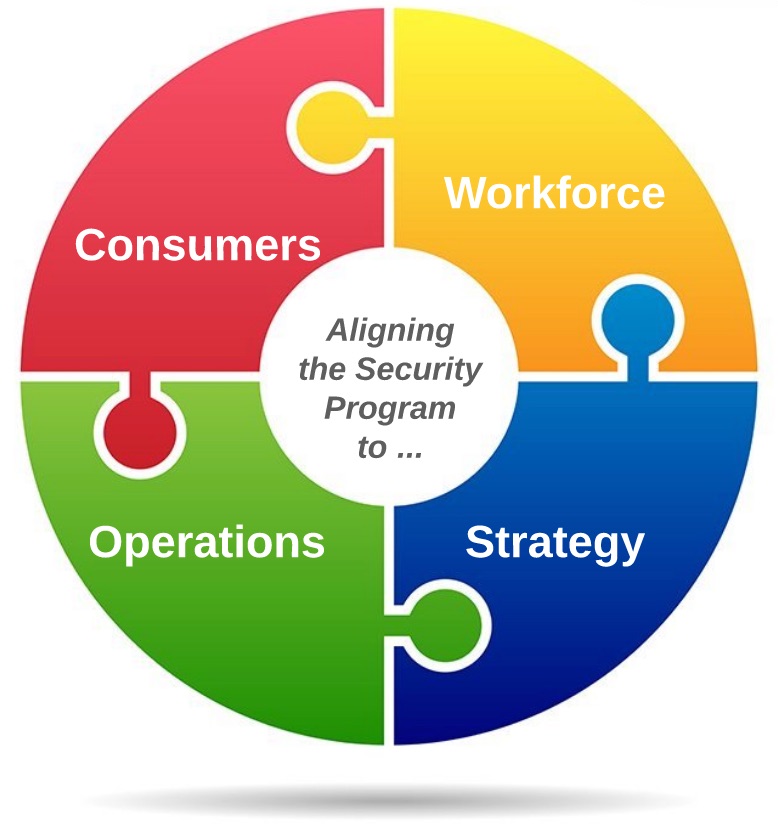Introduction
I make it a habit to learn as much as I can from others, so every week I listen to an assortment of podcasts covering topics such as leadership, communication, techology, security and more.
Here are some recent podcasts that I think are worth a listen. Topics for this post include:
- Four traits of successful entrepreneurs
- How to handle work when everything is urgent
- Telehealth satisfaction from the patients perspective
Four traits of successful entrepreneurs
LISTEN: Lead to Win: Four mindsets to drive your success
In this episode, Michael and Megan discuss four mindsets that are key to success:
- Ownership. Avoid the “not my problem” mindset. Take ownership of a situation and while you don’t always have to be the one to fix everything, you should ensure problems are successfully resolved and you need to take responsbility when things don’t go right. They also mention one of my favorite books so I’ll call it out here as well:
-
Resourcefulness - be creative and consider what you can do with the constraints your face in order to turn into opportunities. The gave a great example of the flight attendant at Southwest airlines that injected comedy into the flight safety announcements, to which the company now attributes $140M in customer loyalty revenue!
-
Risk tolerance - Not taking risks can actually be riskier! There is no growth possible without risk. We also become more focused when we take risks because we are actively trying to avoid the negative result. Even when we fail we introduce opportunity and it’s important to measure the gain, not just focus on the gap. In order to succeed, leaders must create an environment where failure is acceptable and even encouraged.
-
Resilience - It’s important to perservere when things get tough. My favorite quote here: “You can’t fail if you don’t quit”.
How to handle work when everything is urgent
I like Brandon’s analogy that too much urgency is like hot sauce. Some people can handle more than others, and used in the right amount it can be good thing, but too much of it is overwhelming.
Some takeaways:
- Everything can’t be urgent – that makes us firefighters, not leaders
- Force priorities – since everything can’t be urgent, define the 3-5 priorities and stick to them
- We can sprint for a while but eventually we burn out, so in addition to forcing priorities, consider providing breaks at regular intervals (e.g. after each sprint).
- Saying no the right way – Just saying no to a request turns the conversation into a negotiation. Instead, make it 20% about saying no and 80% about helping them find alternate solutions.
- The worst boss is the highly inconsistent boss
Telehealth satisfaction from the patients perspective
LISTEN: This Week in Health IT - Telehealth Satisfaction from the Patients’ Perspective with JD Power
If you’re in the healthcare industry, understanding telehealth trends is key, so I was very interested to hear these patient perpectives.
Takeaways:
- Safety is a higher priority for telemedicine post-COVID (it went from #11 to #1)
- People want to see more complex care being delivered via teleheath services
- #1 driver of satisfaction is NOT technology…it’s being able to spend enough time with a provider
- Health insurance companies need to bring more value to the equation. This is one of the few industries where consumers don’t have true freedom of choice. Coverage and providers are often decided for them and opportunities to change may only come 1-2 times a year when an employee health plan changes.
I think telemedicine also provides greater convenience. I’m as focused on reducing non-value-added work from my personal live as I am from my professional life. I love services like laundry and grocery delivery (and I don’t lose sight of the fact that I’m fortunate that I have the privilege to to use them) because it provides me the opportunity to reallocate the time I would normally have to spend sitting in a laundromat or going to the grocery store to things I consider to be more valuable, like family.
I have been using telemedicine wherever possible since March and plan to continue to do so for anything that I feel can be delivered with the same quality as an in-person visit. Perhaps it’s not the same experience for everyone, but the other added benefit I’ve found is visits actually start on time.
More than just the convenience, consider the positive impact it can have on patient populations that are very ill and for whom travelling is a challenge. I’m hopeful that expanded use of telehealth is here to stay, not just for these reasons, but also to expand reach of quality healthcare organizations whose services were once confined to a specific geographic region and further democratize healthcare by delivering quality care to poor or underserved health populations that haven’t had access to the same services in their own communities.
I think it will force providers to innovate, open up new markets to them, and hopefully will force states and insurers to come up with a model that provides more freedom of choice and makes telehealth a financially viable option.
Continue the Conversation
I enjoy connecting with and learning from others, so reach out to me on LinkedIn and Twitter.



